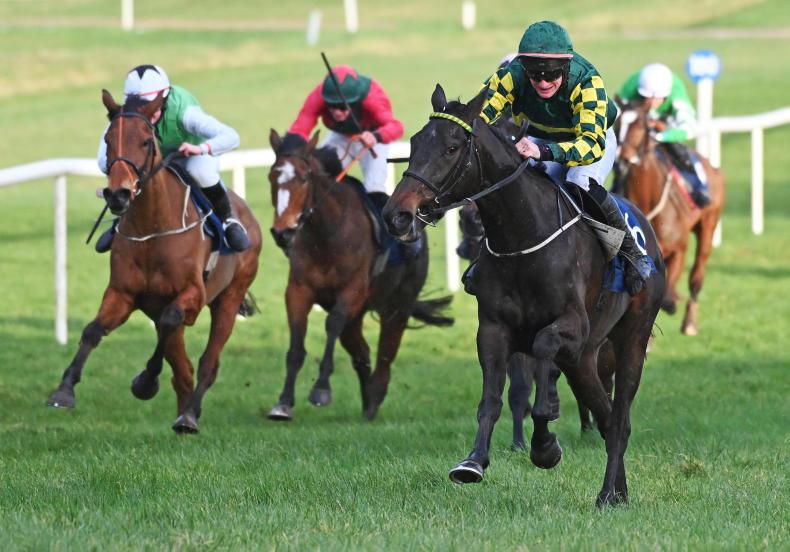HORSE Racing Ireland has taken steps to give smaller National Hunt trainers a better chance of having winners by excluding the top four trainers from having entries in 60 nominated races in 2025.
This content is copyright protected!
However, if you would like to share the information in this article, you may use the headline, summary and link below:
Title: NEWS: 'Big four' excluded from 60 jumps races
Mixed reaction to initiative aimed at helping smaller trainers to have more success
https://www.theirishfield.ie/news-big-four-excluded-from-60-jumps-races-828818



 This is a subscriber-only article
This is a subscriber-only article
 It looks like you're browsing in private mode
It looks like you're browsing in private mode









SHARING OPTIONS: